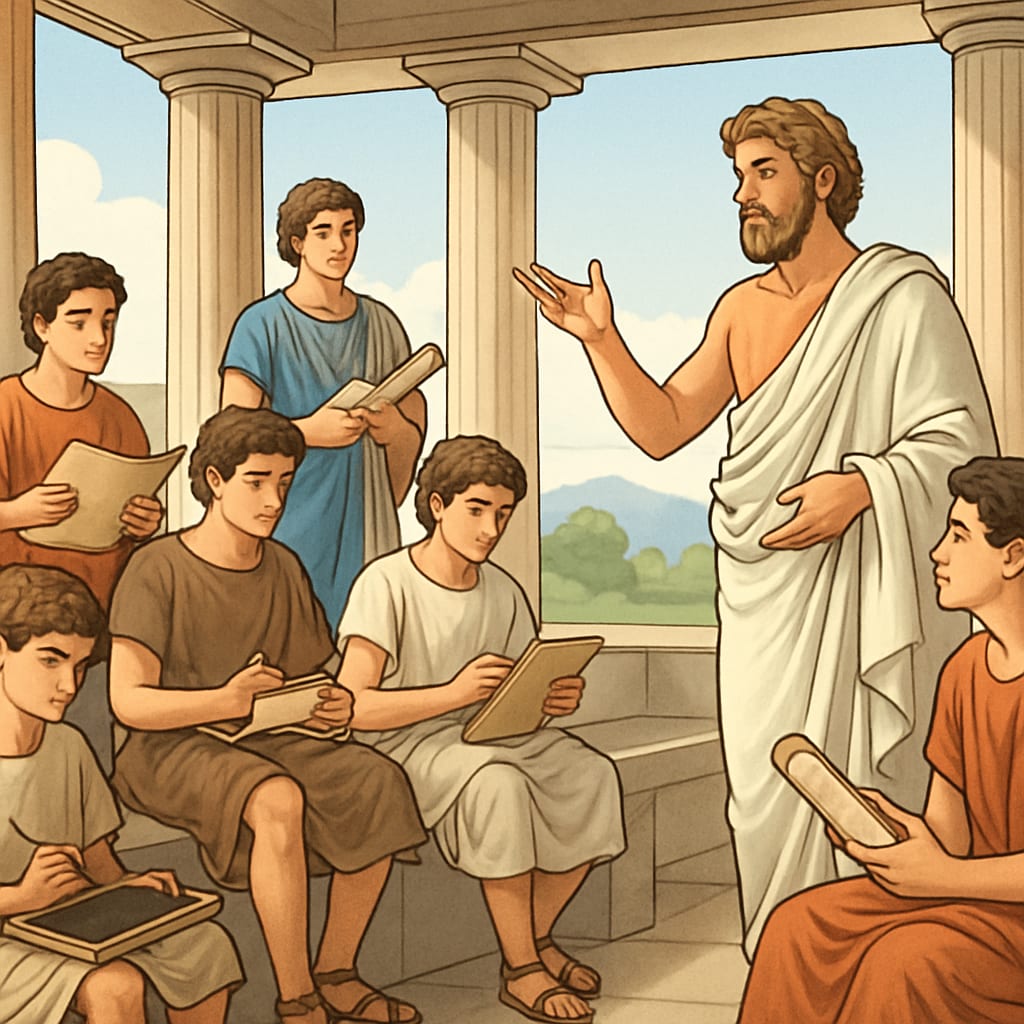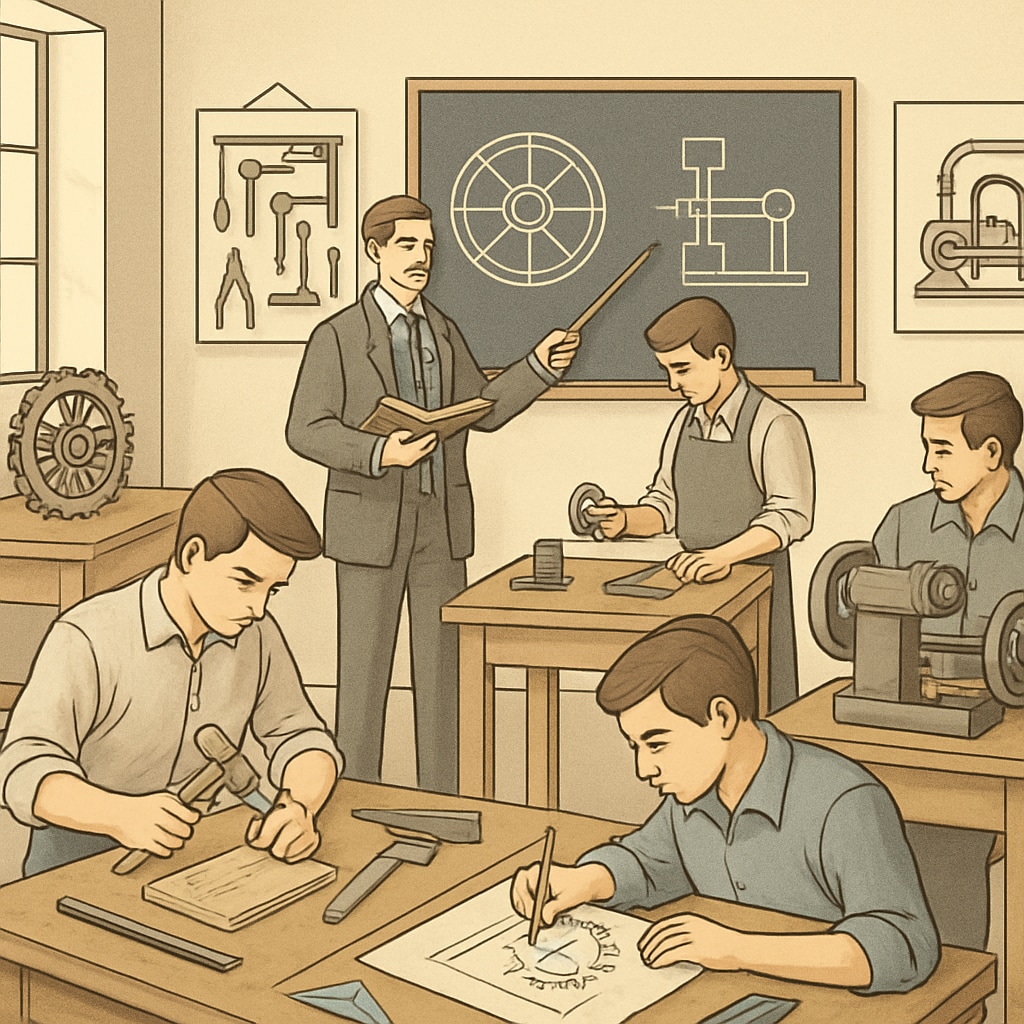Classical education, once the cornerstone of intellectual development, has undergone significant shifts due to historical forces such as the Industrial Revolution and the rise of pragmatism. These changes have contributed to its decline, paving the way for modern educational systems that prioritize utilitarian skills over traditional wisdom. In this article, we will explore the history of classical education, its decline, and the lessons it holds for contemporary learning frameworks.
Historical Roots of Classical Education
Classical education, rooted in the ancient traditions of Greece and Rome, emphasized the study of subjects like rhetoric, logic, and philosophy. During the Age of Enlightenment, these disciplines were considered essential for developing critical thinking, moral reasoning, and civic responsibility. The founding fathers of the United States, often referred to as “America’s founding scholars,” were shaped by this educational model, which influenced their vision for an informed and virtuous citizenry.

The Impact of the Industrial Revolution
The Industrial Revolution marked a turning point in the trajectory of classical education. As societies shifted toward industrialization, the demand for vocational and technical skills overshadowed the classical emphasis on intellectual and moral development. Schools began to prioritize subjects like mathematics and engineering to meet the needs of the growing industrial economy. This transition led to the gradual marginalization of classical disciplines in favor of practical and utilitarian education.

Pragmatism and the Rise of Modern Education
In addition to industrialization, pragmatism (a philosophy that values practical consequences and usefulness) played a crucial role in reshaping education. Thinkers like John Dewey advocated for experiential and progressive education, which emphasized real-world applications over traditional learning methods. As a result, classical education was deemed outdated and less relevant in a rapidly changing world.
For example, while classical education focused on cultivating wisdom and virtue, modern education often prioritizes measurable outcomes such as career readiness and standardized test performance. This shift reflects broader societal attitudes that value economic productivity over intellectual enrichment.
Revisiting Classical Wisdom in Modern Times
Despite its decline, classical education offers enduring value for contemporary learning systems. In an era dominated by information overload and technological advancements, the principles of critical thinking, ethical reasoning, and holistic learning are more relevant than ever. Reintegrating elements of classical education — such as the study of philosophy and rhetoric — could help foster well-rounded individuals equipped to navigate complex global challenges.
For instance, modern interdisciplinary approaches could benefit from classical frameworks that emphasize the interconnectedness of subjects. By appreciating the timeless wisdom embedded in classical education, educators can strike a balance between practical skills and intellectual depth, enabling students to thrive both professionally and personally.
Conclusion: The decline of classical education reflects broader historical and societal shifts, but its core principles remain vital for the development of critical thinking and ethical reasoning. By revisiting its wisdom, modern education systems can create more balanced and meaningful learning experiences.
Learn more about the history of classical education on Wikipedia


